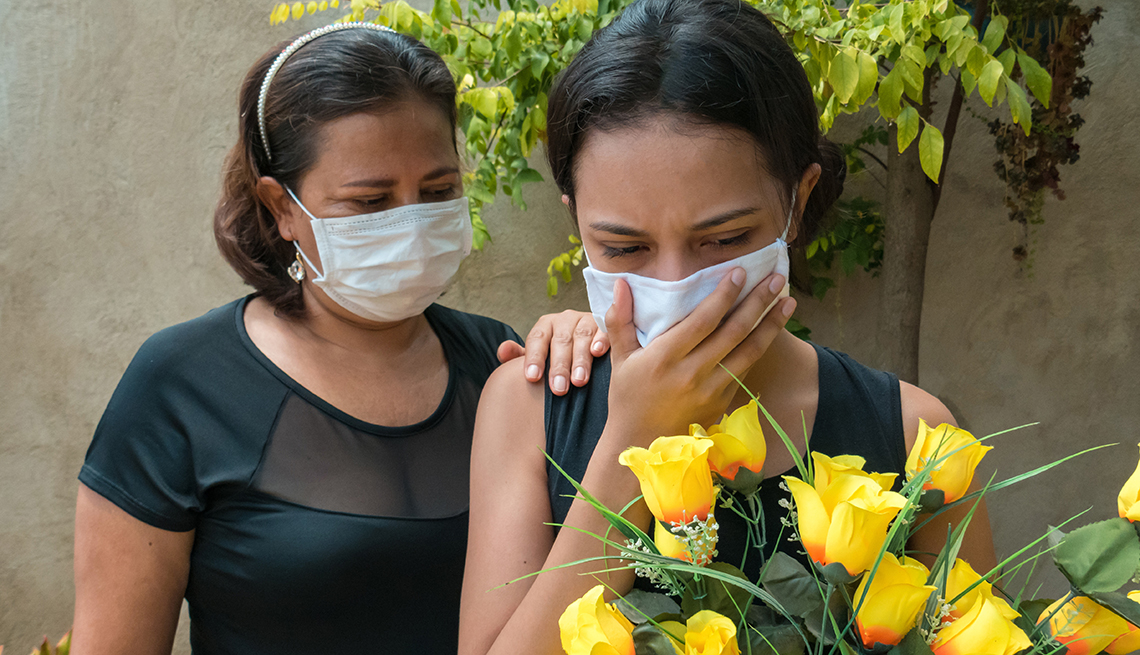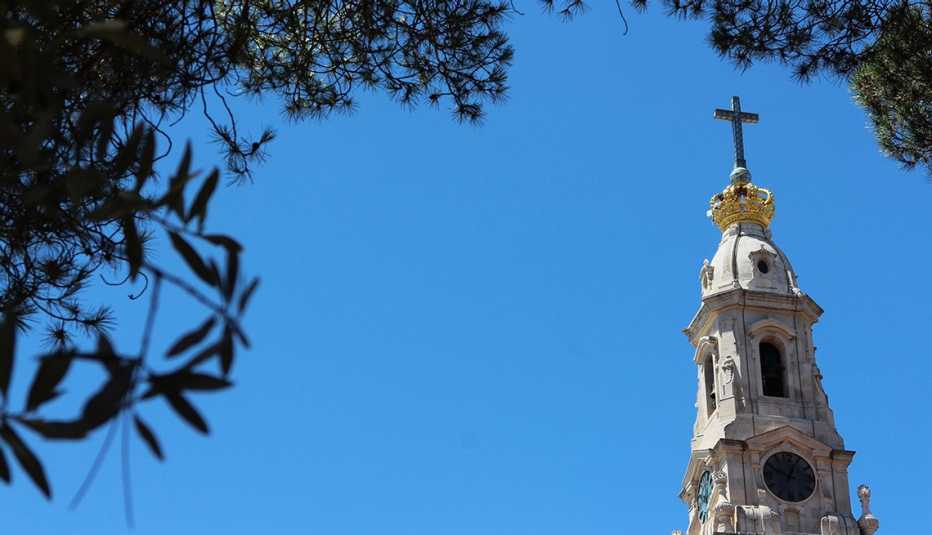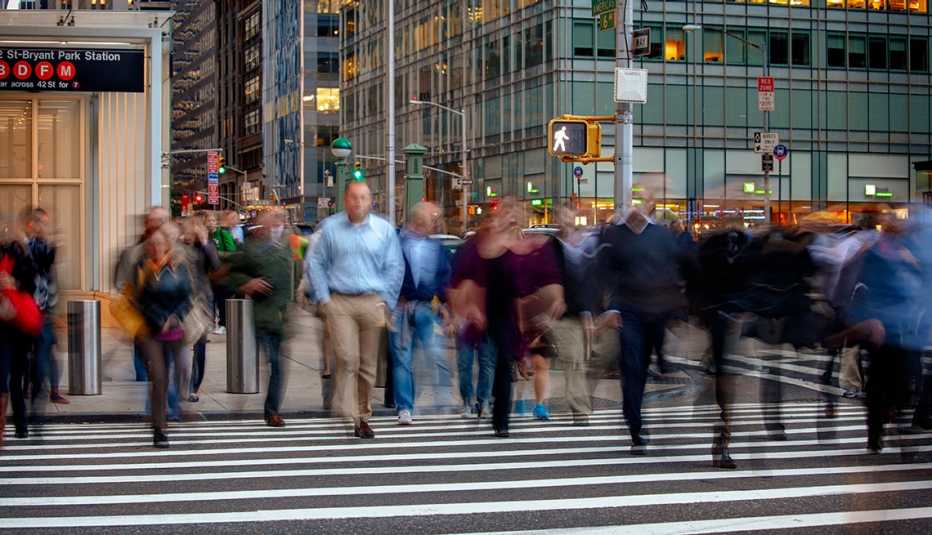AARP Hearing Center
If you lost a loved one to COVID-19 and are seeking up to $9,000 in federal funds to cover the funeral expenses, be wary of fraudsters.
The warning is from the Federal Emergency Management Agency (FEMA), which is offering funds to help pay funeral and burial expenses if the person died after Jan. 20, 2020 in the U.S. from COVID-19 and certain other conditions are met.
Scammers enter the scene
"We have received reports of scammers reaching out to people offering to register them for funeral assistance,” FEMA said in its alert. That is not how the program works.
Instead, the application begins with a person calling the agency's toll-free Funeral Assistance Line, 844-684-6333. The TTY number is 800-462-7585. Calls are taken weekdays from 8 a.m. to 8 p.m. Central time.
Allowable expenses include caskets or urns; burial plots or cremation niches; markers or headstones; certain funeral-home charges; and services led by clergy or an officiant.
There are no fees to register for funeral assistance, nor are there ways to expedite processing, officials say. Any organizations charging fees to assist in the application process or to speed up the application process are scams. At best these organizations are charging for something you can do for free, and at worst they are obtaining personal details to steal your identity or that of your deceased loved ones.
Be on the lookout
It's important to know FEMA's relevant anti-fraud guidance:
- FEMA will not contact people unless they have called the agency beforehand or applied for funeral assistance.
- Do not disclose information such as the name, birth date or Social Security number of any deceased family member to anyone in an unsolicited telephone call or responding to an unsolicited email claiming to come from FEMA or another federal agency.
- If you doubt that a FEMA representative is legitimate, hang up the phone or stop emailing.
- Report the suspicious contact to the FEMA Helpline at 800-621-3362 or the National Center for Disaster Fraud Hotline, 866-720-5721. You also may contact local police.
FEMA's press office declined to say when it began hearing the fraud reports, where they were occurring and whether there had been arrests. It plans a news conference on Wednesday about the Funeral Assistance Program.
Under the program, applicants who have paid for funeral expenses for one or more people who died from COVID-19 may collect no more than $9,000 per deceased person or $35,500 total. If more than one person paid the funeral expenses, they should seek reimbursement in one application.
Call volume is huge
More than 90,000 people applied for federal funeral assistance during the week of April 12, when applications first were taken, FEMA said. “We expect a high volume of calls to continue,” officials added.
More than 5,000 phone agents are available, and additional staff members are being trained because of the call volume. Multilingual services are available.
The call center is open from 8 a.m. to 8 p.m. Central time, Monday through Friday at 844-684-6333 or TTY 800-462-7585.
FEMA officials also noted:
- There is no deadline to apply, and the funds are not going to run out.
- If you call and receive a busy signal or automated message, call back later.
- Before applying, gather all the necessary documents, including death certificates and funeral contracts and receipts. Here's the full guidance on FEMA.gov. Completing an application takes 20 to 30 minutes. Money will be paid about a week later.
- The crush of early applications comes as COVID-19 deaths in the U.S. surpassed 567,000 on April 20, according to Johns Hopkins University.
Katherine Skiba covers scams and fraud for AARP. Previously she was a reporter with the Chicago Tribune, U.S. News & World Report and the Milwaukee Journal Sentinel. She was a recipient of Harvard University's Nieman Fellowship and is the author of the book Sister in the Band of Brothers: Embedded with the 101st Airborne in Iraq.





































































